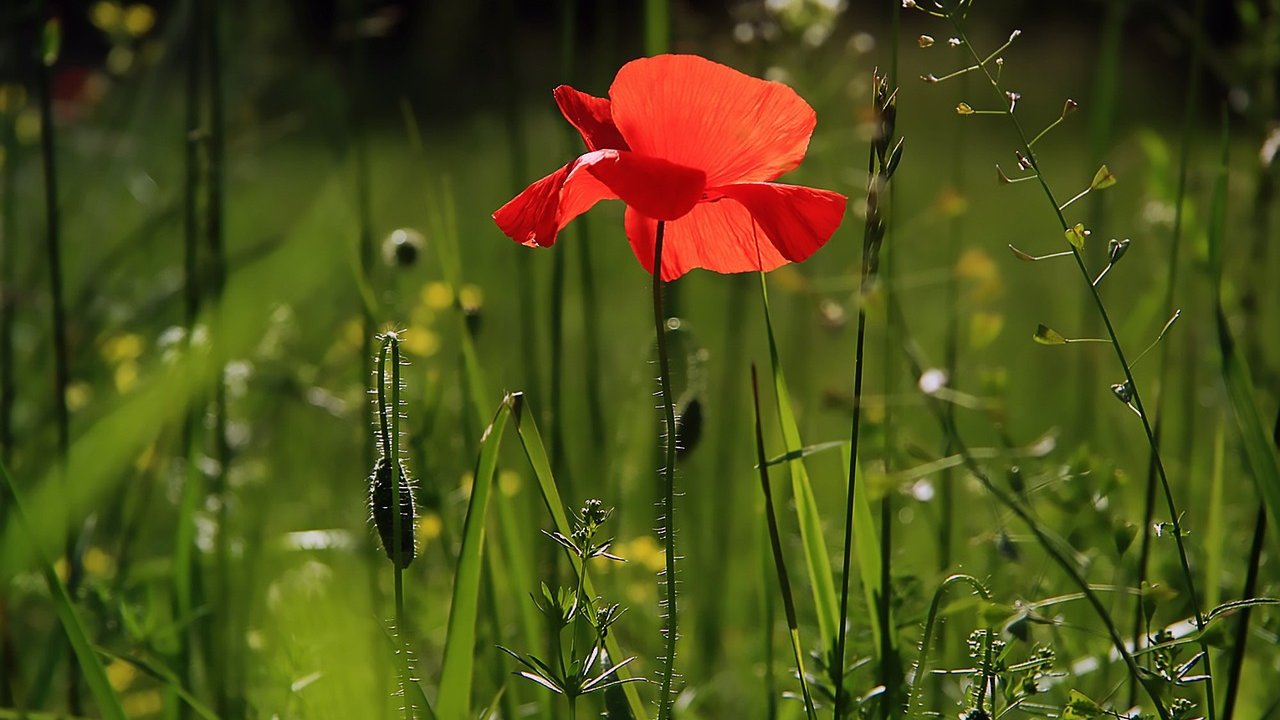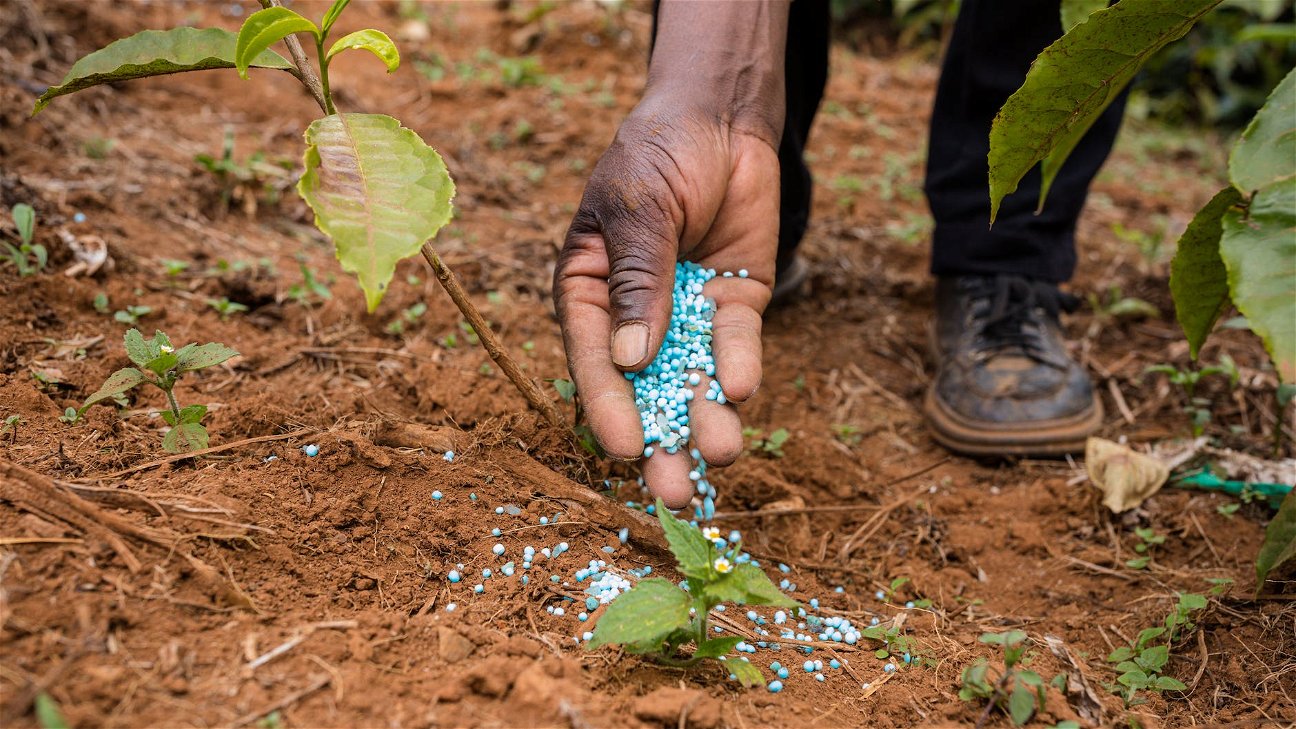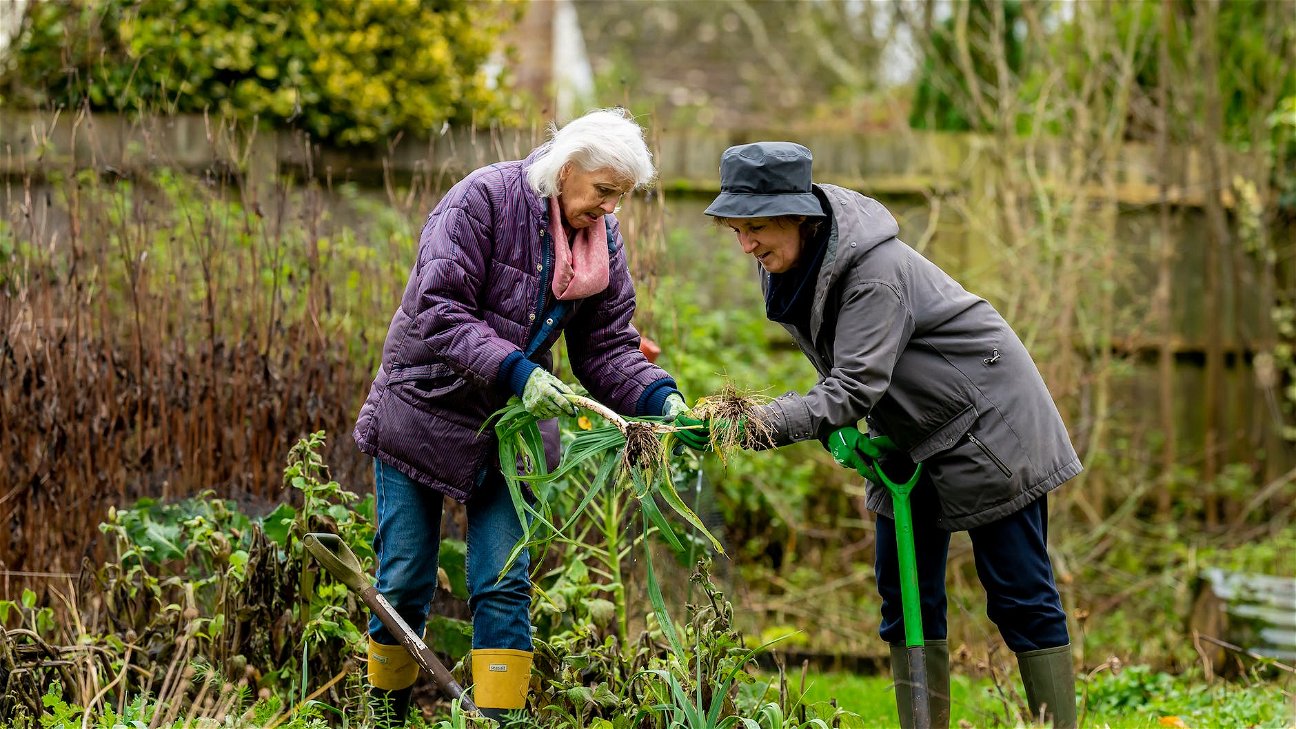
Have you heard about permaculture, but aren't sure where to start? Or maybe you're a seasoned gardener looking to try something new and sustainable? Permaculture principles can be an excellent addition to any home garden, with benefits ranging from soil health to increased biodiversity. In this article, we'll delve into the world of permaculture and outline five principles that you can implement in your garden today.
What is permaculture?
Permaculture is a design system for sustainable living and land use. It focuses on working with nature, rather than against it, and emphasizes the use of renewable resources and self-sustained systems. The term 'permaculture' is a blend of the words 'permanent' and 'agriculture', but it extends beyond farming practices to encompass all aspects of human settlements, including energy systems and community structures.
5 principles of permaculture
There are many permaculture principles, but we've selected five that are easy to understand and implement in any garden. Here they are:
-
Observe and interact: This is the first and foremost principle of permaculture. It involves taking the time to understand your garden's unique conditions and needs. Observe how sun, wind, and water move through your garden, and how plants and animals interact with each other. This will help you make informed decisions about what to plant and where.
-
Catch and store energy: This principle refers to making the most of the resources available to you. This could involve capturing rainwater for irrigation, composting kitchen scraps for soil fertility, or even installing solar panels to power your garden lights.
-
Obtain a yield: Make sure you're getting tangible benefits from your garden. This could be in the form of fruits and vegetables, medicinal herbs, beautiful views, or the satisfaction of seeing wildlife thrive in your garden.
-
Apply self-regulation and accept feedback: This principle is about learning and adapting. Monitor your garden's progress, be open to feedback, and be willing to make changes when necessary. This includes acknowledging when a plant or technique isn't working, and trying something new.
-
Use and value renewable resources: Opt for methods and materials that are renewable or recycled. This might mean planting native species that thrive without much intervention, using compost instead of chemical fertilizers, or choosing hand tools over power tools.
By adopting these principles, you can create a more sustainable and productive garden. But remember, permaculture is a journey, not a destination. Be patient, observe and learn, and most importantly, enjoy the process!
Practical ways to implement permaculture principles
Now that we've covered the principles, let's look at some practical ways you can apply them in your garden:
- Composting: Composting is a fantastic way to recycle organic waste and improve your soil's health. It's a clear example of the 'catch and store energy' and 'use and value renewable resources' principles.
- Water capturing: Install a rain barrel to collect rainwater for irrigation, thus applying the 'catch and store energy' principle.
- Planting native species: Native plants are adapted to local conditions and require less maintenance, embodying the 'use and value renewable resources' principle.
- Creating wildlife habitats: By providing shelter and food sources for local wildlife, you can increase biodiversity in your garden, which aligns with the principle of 'obtain a yield' in a broader sense.
- Practicing crop rotation: This helps maintain soil fertility and control pests, demonstrating the 'observe and interact' and 'apply self-regulation and accept feedback' principles.
Here's a summary table of these practical implementations for each principle:
Remember, permaculture is more than just a set of principles. It's a mindset that values sustainability, productivity, and harmony with nature. So take your time, enjoy learning, and before long, you'll be reaping the rewards of a permaculture garden.











